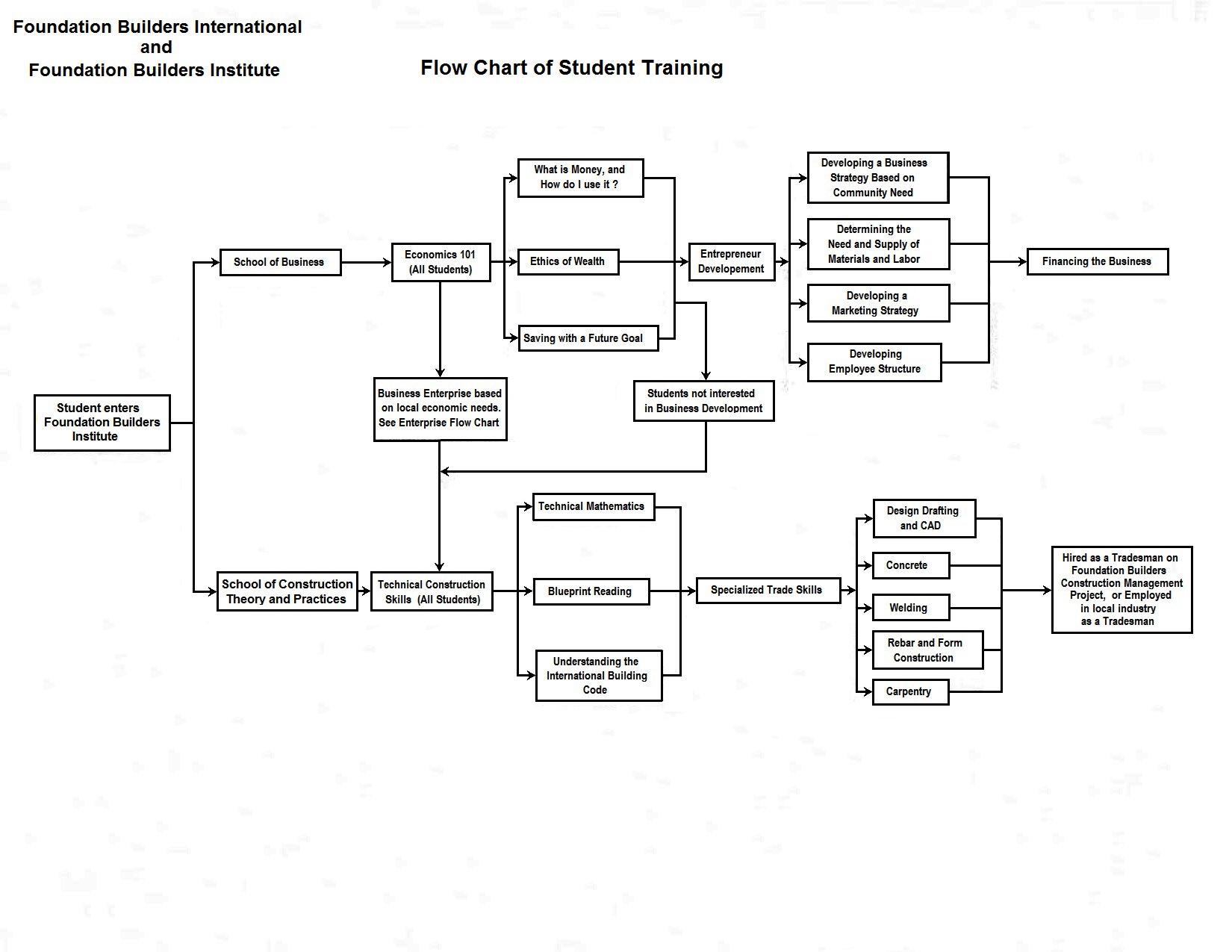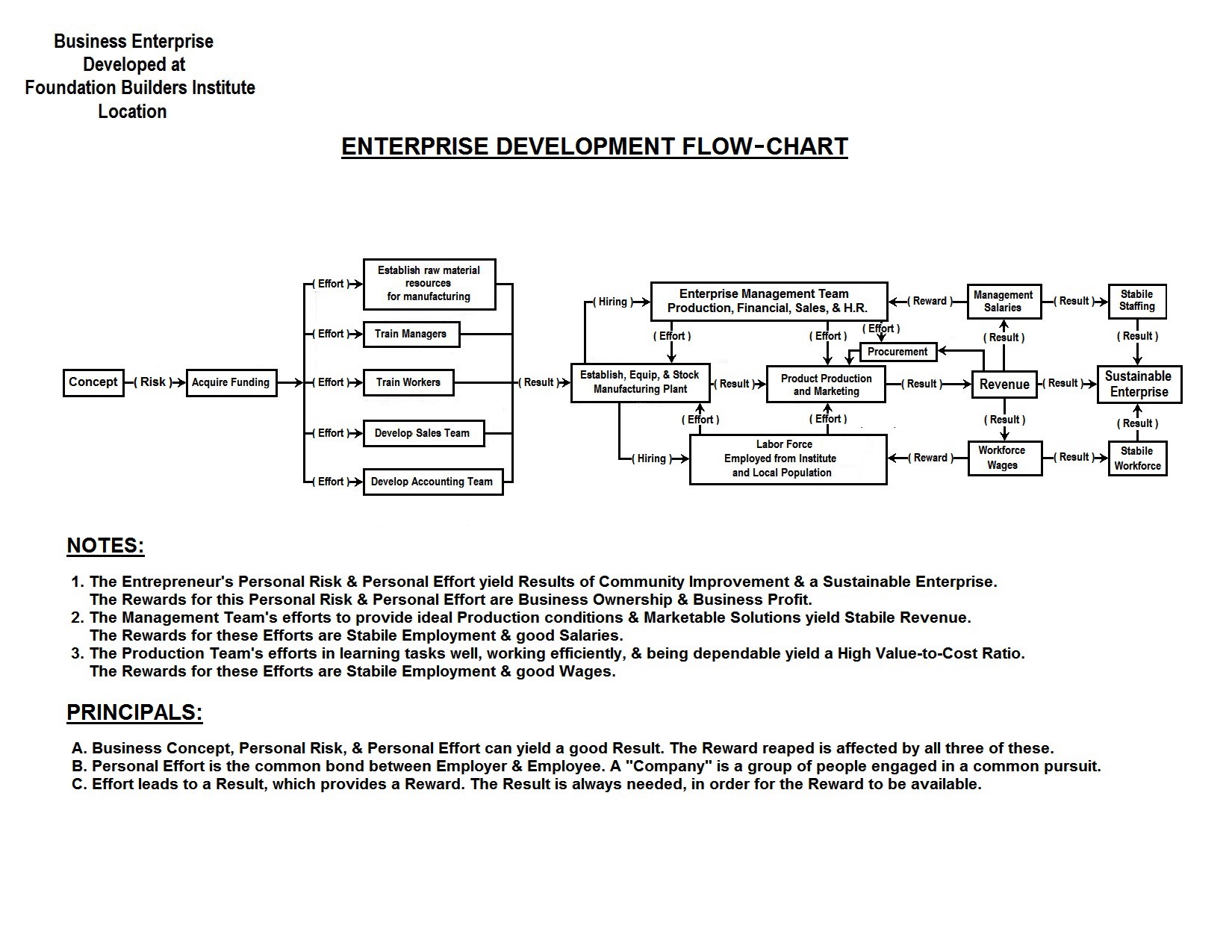About Foundation Builders
About Us
Foundation Builders International is a nonprofit 501(c)(3) educational organization (EIN 81-0704304) and a registered NGO in Kenya. We provide vocational and business training that empowers students to build safer structures, launch sustainable enterprises, and strengthen their communities.
Our training institutes combine classroom instruction with hands-on learning in construction, welding, carpentry, masonry, and business development. Students graduate with certifications and real-world experience by completing community projects that address critical needs in health, education, and sanitation.
Through our Small-Scale Enterprise program, students also gain entrepreneurial experience—developing business plans, managing operations, and launching enterprises that provide jobs while helping sustain the Institute. An example is our Nairobi project, where graduates repurpose sea containers into modular housing and commercial units.
By equipping students with both trade and business skills, Foundation Builders International prepares a new generation of master builders and entrepreneurs who can transform their communities with safe, sustainable, and life-changing solutions.
We welcome your financial support to empower our students to achieve vocational and economic success. We appreciate our monthly supporters and invite you to join this group of donors. You can make your donation and become a monthly supporter at https://foundationbuilders.networkforgood.com/projects/214891-your-support-helps-empowering-students
If you prefer to donate by check
Foundation Builders International Inc.
8033 Iona Way
Milford, DE 19963
Our training institutes combine classroom instruction with hands-on learning in construction, welding, carpentry, masonry, and business development. Students graduate with certifications and real-world experience by completing community projects that address critical needs in health, education, and sanitation.
Through our Small-Scale Enterprise program, students also gain entrepreneurial experience—developing business plans, managing operations, and launching enterprises that provide jobs while helping sustain the Institute. An example is our Nairobi project, where graduates repurpose sea containers into modular housing and commercial units.
By equipping students with both trade and business skills, Foundation Builders International prepares a new generation of master builders and entrepreneurs who can transform their communities with safe, sustainable, and life-changing solutions.
We welcome your financial support to empower our students to achieve vocational and economic success. We appreciate our monthly supporters and invite you to join this group of donors. You can make your donation and become a monthly supporter at https://foundationbuilders.networkforgood.com/projects/214891-your-support-helps-empowering-students
If you prefer to donate by check
Foundation Builders International Inc.
8033 Iona Way
Milford, DE 19963
Click on one of the images below to enlarge it further

